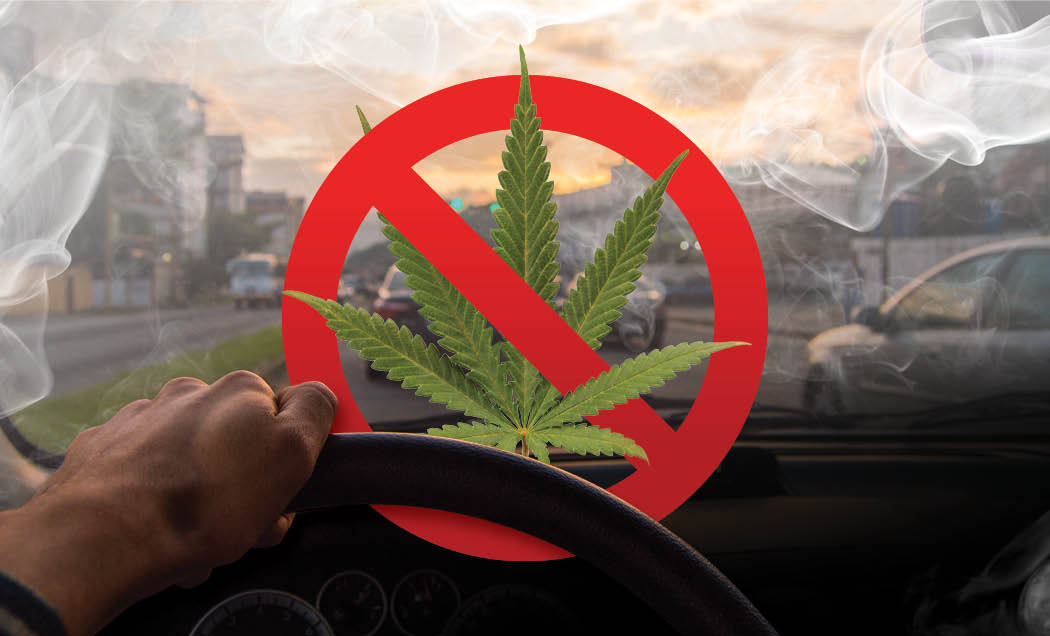Impaired driving penalties could bar newcomers from Canada

The federal government is warning newcomers that stiffer impaired driving and cannabis-related penalties could lead to their removal from Canada.
The measures are part of the sweeping package of changes taking place as Canada becomes the first G7 country to legalize recreational cannabis use.
The Cannabis Act includes penalties of up to 14 years in prison for illegal production or distribution of cannabis and for taking it across the Canadian border. The same maximum penalty applies for giving or selling marijuana to someone under 18 or using a young person to commit a cannabis-related offence.
On Dec. 18, new impaired driving penalties take effect, and the maximum penalties for most of these offences will increase to 10 years from five. It means they will fall under the definition of serious crimes for immigration determination purposes.
"The impact of these new penalties on permanent and temporary residents could be significant," the Immigration Department advises in a statement.
"Our main message to permanent residents and temporary residents is — make sure you know and follow our laws, including our tough new rules for cannabis-related crimes and impaired driving. If you don't, you could face serious legal and immigration consequences," said a spokesperson for Immigration Minister.
Inadmissibility to Canada
Immigration officials could rule a person is inadmissible to Canada for "serious criminality," even if an impaired driving offence took place in another country.
Under federal immigration law, a permanent resident or foreign national can be deemed inadmissible if they have been convicted of a Canadian offence punishable by up to 10 years in prison, or of an offence for which they have actually been sentenced to more than six months behind bars.
In addition, the same rule applies to those who have committed an offence in another country that, if committed in Canada, would carry a penalty of up to 10 years.
Meeting international obligations
As a result, the department says, the new cannabis and impaired-driving provisions could mean:
- Permanent residents might lose their status and have to leave the country;
- Temporary residents — including visitors, international students and foreign workers — may not be able to enter or stay in Canada;
- Refugee claimants may be ineligible to have their claim referred for a refugee hearing.
Moreover, appeal rights for permanent residents and foreign nationals, including sponsored members of the family class, could also be affected
Under the changes, permanent residents convicted of impaired driving in Canada will have to worry about the prospect of deportation proceedings.
"Impaired driving is an extremely serious matter given the danger it pose"

